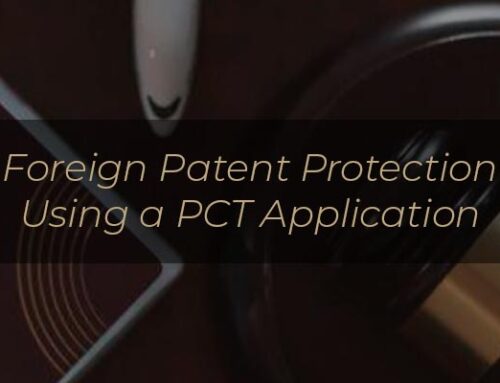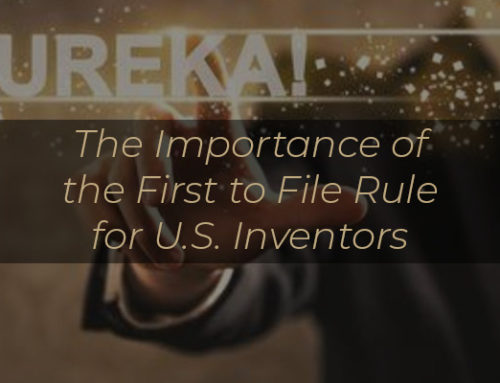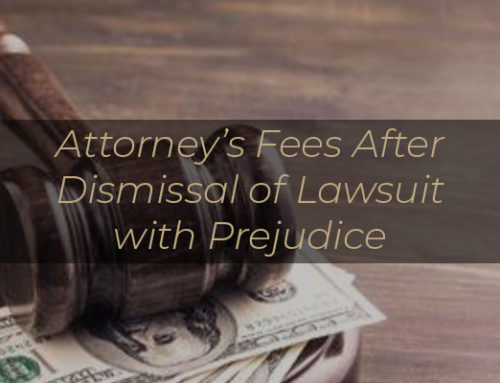In the case of Gensetix v. Baylor College of Medicine (Fed. Cir. July 24, 2020), the Federal Circuit had the opportunity to determine whether a patent owner’s exclusive license could maintain a patent infringement suit without the patent owner when the patent owner refused to join as a plaintiff and claimed it couldn’t’ be involuntarily brought into the suit because of a claim of sovereign immunity.
A general rule is that a party only has standing as a plaintiff to bring a lawsuit for patent infringement if they hold “all substantial rights” in the patent being asserted, even when the party is an exclusive licensee. Rationale for this rule includes that an infringement suit brought by an exclusive licensee alone risks invalidating or otherwise undermining the value of the patent, thereby harming the interests of the missing patent owner(s), and the risk of subjecting defendants to multiple suits for the same act of infringement. Thus, even though a party may be an exclusive licensee, without all substantial rights they will be required to joint the patent owner as a co-plaintiff in order to bring suit. (Textile Prods., Inc. v. Mead Corp., 134 F.3d 1481 (Fed Cir. 1998)).
In this case, Gensetix was an exclusive licensee of a patent held by the University of Texas and sought to bring suit against the Baylor College of Medicine for patent infringement. The Federal Circuit had to determine whether Gensetix could do so without joining the University of Texas. The parties agreed that the University of Texas retained and was subject to sovereign immunity.
The Federal Circuit ruled that sovereign immunity prevented Gensetix from naming the University of Texas as an indispensable party for forcing it to be an involuntary plaintiff. Second, the Federal Circuit ruled that Gensetix could proceed with the lawsuit as the sole plaintiff because it was willing and able to protect the University of Texas’s interest in the validity of the patent. Based upon this decision, licensees of patents from entities which are covered by sovereign immunity such as state universities and similar entities, may now be able to enforce the licensed patents even when the patent owner is unwilling to become involved in such lawsuits.








